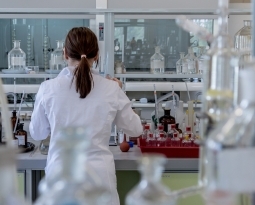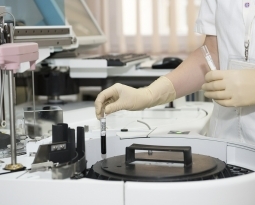Are pharmaceutical industries investing too little into R&D?
Alzheimer’s disease effects over five million Americans and while there are drugs that temporarily alleviate symptoms, there is currently no treatment available to slow down the progression of the disease.
While Drug Companies remain determined and invest billions each year to find an effective method of treatment, it is being argued that they are failing to devote enough resources and time into research and development. Currently 99% of Alzheimer clinical trials are inconclusive or failing, therefore the argument is being made whether drug companies are really exploring all their options.
The institute of New Economic Thinking issued a paper condemning drug makers for buying back company stock and paying dividends to shareholders, rather than spending their money on R&D. The institute urges the government to push aside these private companies and take a more active role in developing medicines.
However medical professors shot back and argued that this criticism was unfair as elbowing aside the private sector is dangerous. Without the hundreds of billions of dollars committed by private-sector researchers, it would be impossible to cure Alzheimer’s, cancers and various other diseases.
Currently the pharmaceutical industry invests a much higher percentage of revenues into R&D than most other sectors. On average the top 18 drug companies spent approximately 16% of proceeds on R&D from 2006-2015. This is a very significant percentage when comparing it to the automobile industry, which has strongly marketed itself as being extremely innovative and futuristic, particularly surrounding the hype of autonomous vehicles. However this sector only invested an average of 4% of its revenues into R&D, according to the consulting firm PwC.
Globally there are over 7,000 new treatments in development and 70% of these use completely new methods to treating illnesses. It is argued by health professors that it is naïve to think that firms will continue making these costly, risky investments if there is no chance of earning a return. Drug companies deliver enormous benefits to society; however they are not charities.
Private medical R&D is in fact showing to be crucial to American physical and financial health, as over 40% suffer from a chronic illness and these diseases account for 90% of total U.S. health care costs.
Medical and health professors fight back at critics accusing the pharmaceutical industry of neglecting R&D. They argue that if their statements are in fact true, then who deserves credit for the hundreds of newly developed treatments that improve people’s lives and lower health care costs each year?
R&D is and will continue to be crucial in the health care and specifically the pharmaceutical industry, and the significant ongoing investments into it to date are proof of this.
If you are conducting pharmaceutical experiments, you could be eligible for the R&D Tax Credit and receive up to 14% on your expenses. To find out more, please contact a Swanson Reed R&D Specialist today.
Swanson Reed regularly hosts free webinars and provides free IRS CE credits as well as CPE credits for CPA’s. For more information please visit us

















